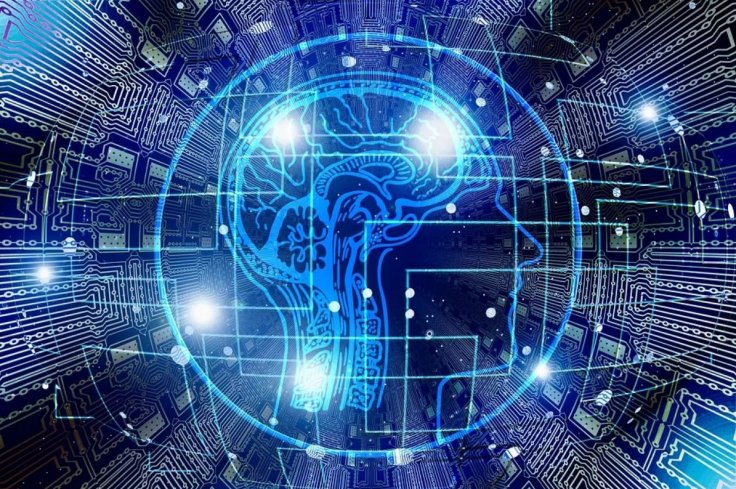The role of Artificial Intelligence (AI) is becoming increasingly integral and crucial. From diagnosing cancer to detecting Alzheimer's disease, AI seems to be able to do it all. Now researchers have managed to develop an AI system that can help select the best embryos for in-vitro fertilization (IVF) to help childless couples conceive.
According to a study by researchers from Massachusetts General Hospital and Brigham and Women's Hospital, the new deep-learning AI can aid embryologists to objectively select the most viable embryos that have the most likeliness of resulting in a healthy birth. The system was also able to distinguish and identify with the best embryos with greater success than 15 experienced embryologists from five fertility centers across the US.
Highlighting the potential utility of the algorithm, Hadi Shafiee, corresponding author of the study, said, "We believe that these systems will benefit clinical embryologists and patients. A major challenge in the field is deciding on the embryos that need to be transferred during IVF. Our system has tremendous potential to improve clinical decision making and access to care."

An Assistive Tool
IVF has served as the last yet life-altering solution for several people struggling to conceive. However, the method's success rate is only around 30 percent. At present, the tools and techniques that embryologists rely on are limited, and most importantly, expensive. Also, embryologists depend largely on their experience and observational skills in order to make the best judgments. Therefore, the team developed an assistive implement that can analyze images captured by microscopes at fertility centers.
Charles Bormann, co-lead author, "There is so much at stake for our patients with each IVF cycle. Embryologists make dozens of critical decisions that impact the success of a patient cycle. With assistance from our AI system, embryologists will be able to select the embryo that will result in a successful pregnancy better than ever before."
Outperforming Human Embryologists
The AI system was trained using images of embryos captured at 113 hours post-insemination. Of the 742 embryos examined, the AI was able to choose the most high-quality embryos with 90 percent accuracy. The researchers also evaluated the system's ability to differentiate among embryos of high-quality with the normal number of human chromosomes. Furthermore, the AI's performance was compared to that of trained embryologists.

Surprisingly, the system outperformed its human competition. The accuracy of the AI was approximately 75 percent while experienced embryologists scored only an average of 67 percent. Nevertheless, the scientists remark that the AI system, in its current form, is meant to serve only as an enabling tool to aid embryologists to arrive at better decisions when it came to selecting prospective embryos.
Manoj Kumar Kanakasabapathy, co-lead author of the study, concluded, "Our approach has shown the potential of AI systems to be used in aiding embryologists to select the embryo with the highest implantation potential, especially amongst high-quality embryos."








